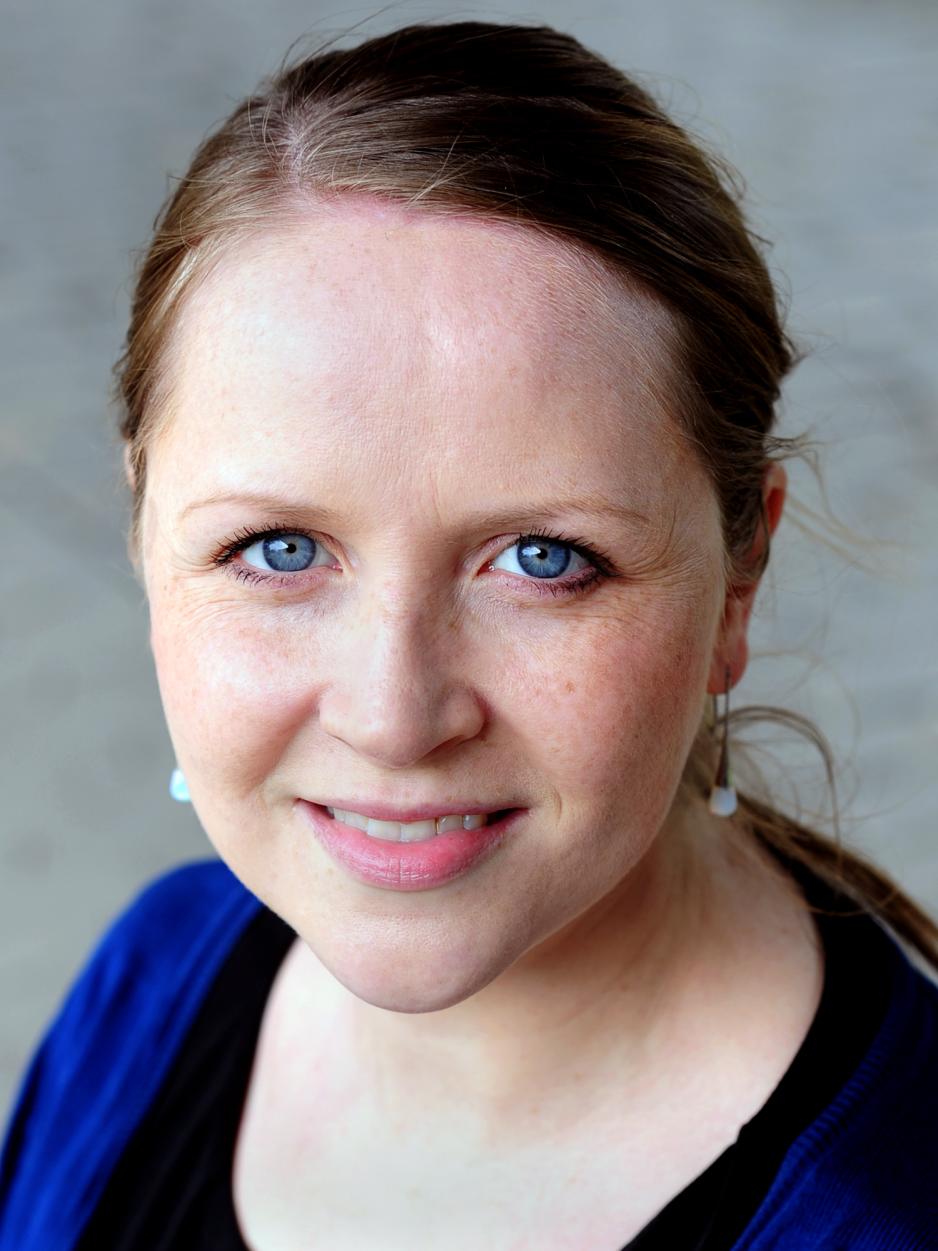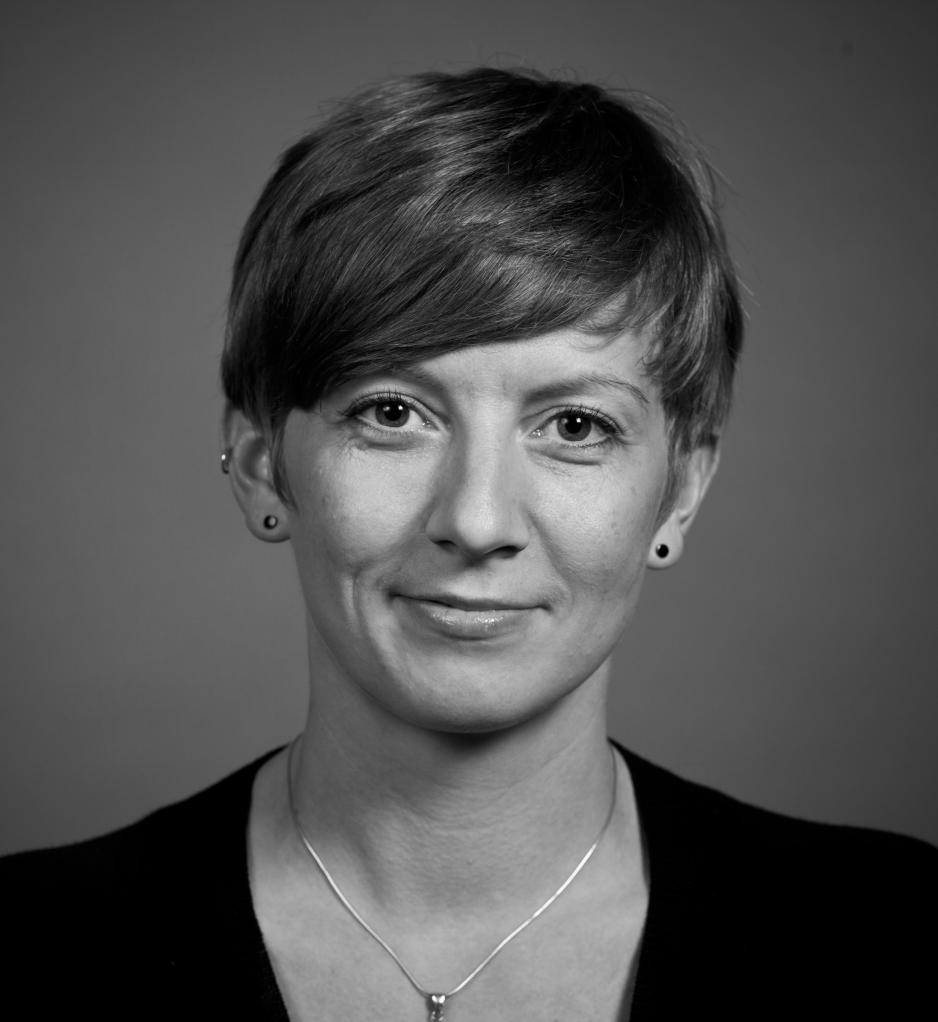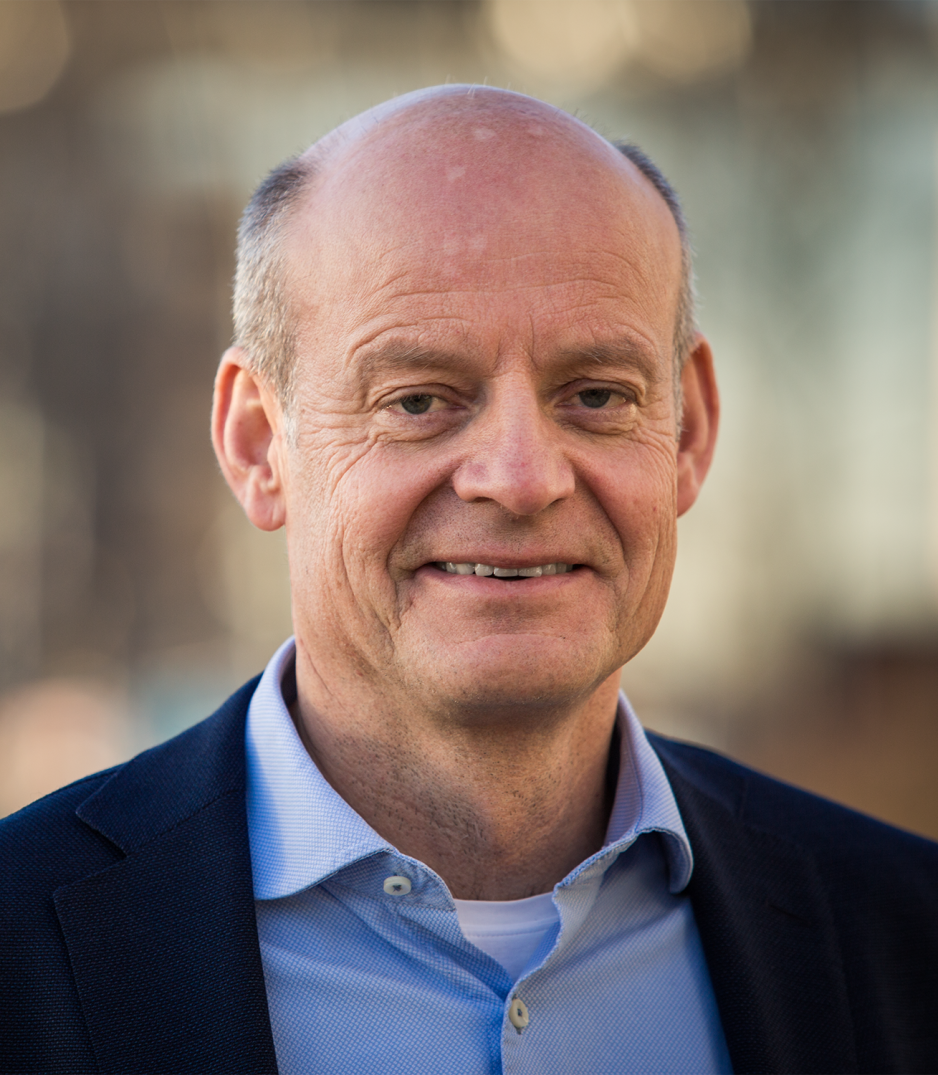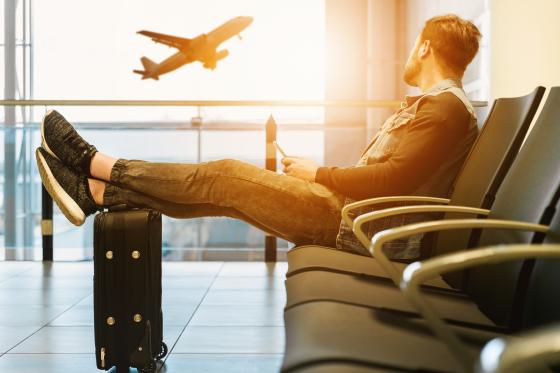Academic travel is cause for concern
With the climate crisis as backdrop, university employees have demanded a reduction in air travel. Could cutting air travel also lead to greater gender equality?

It was the climate crisis, not equality concerns, that led Kjerstin Aukrust of the University of Oslo to start a petition demanding an end to excessive air travel by the university. She felt called to action by last year’s special report of the UN’s International Panel on Climate Change on the impacts of a rise in global temperature of 1.5 degrees C.
“When I saw that report I realized all of us have to make big changes in our own lives if we’re going to achieve the goal of not exceeding 1.5 degrees of global warming. And I had felt no pressure from the university to change my life to the required extent,” says Dr Aukrust.
Travel money for everyone
On the contrary. As a member of the research committee under the university’s Department of Literature, Area Studies and European Languages, she helped to review applications by department researchers seeking financial support for conference and meeting travel or to bring guest lecturers to Norway. The answer was almost always yes, and if an applicant was turned down it was never for reasons related to climate impact.
“There was no discussion of whether the academic benefit of the trip outweighed the carbon footprint,” Aukrust says.
In fact, researchers are encouraged to do a lot of travelling, she said. But even though trains are more climate-friendly than airplanes, it is very hard for them to book train tickets.
Aukrust and her colleagues hope individual researchers will become more conscientious about their personal travels as a result of the petition. But they want the University of Oslo to help, by drawing up a strategy to cut greenhouse-gas emissions from air travel. The proposals they submitted to Rector Svein Stølen include massive investments in videoconferencing, a simpler process of booking train trips and using department-based CO2 quotas for researchers and guest lecturers.
CV must show time spent abroad
Other institutions, too, are focusing attention on travel-related climate emissions. The Norwegian University of Science and Technology has invited all employees to join “Reiseløftet 2019”, a campaign aimed at reducing the carbon footprint of travelling.
At the University of Bergen, a committee is preparing a climate neutrality action plan that is scheduled for adoption by the University Board in May. Proposals include a special tax on airline flights, with different rates for administrative and academic staff.
The Bergen committee also points out some well-known dilemmas which are important to address when limiting travel. One issue is how to apportion the cutbacks in air travel between groups. Young researchers starting out their careers, for example, need to travel at least as much as their more experienced colleagues.
Three years ago the Young Academy of Norway (AYF) tried to spark a debate about international mobility requirements for younger researchers. It is very difficult to obtain a permanent position without a CV that shows time spent abroad. Yet this demand for mobility comes at the exact stage of life when many people are establishing families and homes. Since not everyone can choose the life of an academic nomad, mobility requirements may conflict with gender equality and diversity goals. AYF therefore called for more awareness of what mobility was intended to achieve.
Many ways to network
“Mobility is to provide inspiration and expand professional networks, but that can be done in many different ways. If you travel to the United States and sit all day in a laboratory with other Norwegians, then some of the point is lost,” says Katja Enberg, an Associate Professor in the University of Bergen’s Department of Biosciences.

Three years ago, while serving as deputy chair of the AYF board, she helped initiate the mobility debate. Her own CV mentions a series of international stays after she defended her doctoral dissertation at home in Finland in 2005. Nowadays she allows her academic interests to steer her travel. Personally, she finds new academic environments enriching.
“It is also about personal development, to see how people live in other places. But it’s not possible for everyone. One solution could be to travel abroad early on, before establishing the ties that make it hard to leave,” she says.
Short or long stay?
AYF sought a more nuanced mobility debate, with different ways of measuring internationalization that can take into consideration researchers who, for various reasons, cannot remain abroad for long periods. Mobility within the country – between institutions, or between academia and business – can be a valuable alternative, the organisation claimed.
When AYF first raised the mobility issue, however, protecting the climate was not what it had in mind, nor is it a given that changes in mobility practices will primarily be targeted towards cutbacks in air travel emissions. AYF pointed out that a practical alternative for people unable to travel abroad for long periods was to take many brief trips combined with online activities. These days, however, climate campaigners see frequent brief trips as a problem.
Acknowledging the issue’s complexity, Enberg says:
“Since then I have given more thought to the emissions aspect, and I’ve become much more conscious of my travel habits. In the climate context, it is better to travel away and stay for a year than to fly around all the time.”
“You can’t tell young scientists that they can’t travel abroad for climate reasons. At the same time, if the mobility requirements are creating divisions between different groups, that is unfortunate, since not everyone can fulfil the demand to be mobile. We must not forget the main point, which is the academic benefit,” she adds.
Considering gender equality, not climate
“I think it’s very productive that the institutions are taking a look at their travel activities. The University of Bergen, for example, now has a very ambitious plan in the works to cut greenhouse gas emissions. But this is not something we have incorporated into the development of our funding instruments,” says Anders Hanneborg, Executive Director of the Division for Science and the Research System at the Research Council of Norway.
The gender equality aspect, on the other hand, is important:

“Like AYF, we think mobility may be more difficult for women than for men. This is something we are constantly considering.”
Since 2017, all doctoral and post-doctoral fellowship-holders employed on projects funded by the Research Council have had the opportunity to apply for grants for research stays abroad of 3 to 12 months. In addition, post-doctoral fellows who conduct such a stay abroad are permitted to extend their post-doctoral period correspondingly.
“But our contracts are with the institutions and not with the candidates themselves, so it is up to the institutions to decide whom such overseas stays are appropriate for, as well as where and how long individuals can travel,” says Hanneborg.
Women seek prestigious travel grants
Because the system of personal overseas grants for all doctoral and post-doctoral fellowship-holders is fairly new, it is currently hard to tell which groups benefit most. But figures show that women are submitting about half of the applications for the highly competitive International Mobility Grants for post-doctoral fellows under the FRIPRO Funding Scheme for Independent Basic Research Projects, which require researchers to spend two years at an institution abroad and one year at their home institution.
The percentage of approved applications is higher for women than for men. In 2018, 25 per cent of applications with women project managers were accepted, compared to 8 per cent of applications with men as the project manager. The International Mobility Grant is the application type with the highest proportion of female applicants under FRIPRO.
Hanneborg doubts that this type of long-term research exchange is the largest source of climate emissions.
“But in general it is clear we should work to find other ways of handling meeting activity, and that applies to both the Research Council and the institutions. Travelling around the world to attend conferences is universal across all of academia. It is not something Norwegian academics alone can stop doing. But the Research Council, too, needs to think through how our funding instruments operate as drivers one way or the other. In our context we are talking about doctoral and post-doctoral fellows. Travel activities for the other groups is a matter for the institutions themselves to assess.”
Stress and waste
Kjerstin Aukrust at the University of Oslo wants her institution to push her towards the changes needed to achieve the 1.5-degree goal. From her research committee position she has observed that brief trips, such as to conferences, are clearly most prevalent among those with combined teaching and research positions.
“Internationalization is one of the most hallowed words in academia, and everyone understands that it entails travel. It’s the enormous, uncritical use of travel I want to eliminate,” she says.
As the mother of small children, she has been on work trips she would rather have avoided, though gender equality considerations were not the main reason.
“I flew to a conference in Puerto Rico where I was supposed to arrange a panel with researchers from Sweden. At that time I was not thinking about the huge emissions, but I felt stressed by having to leave my daughter, who was still breastfeeding. It was a major conference with many things going on at once, and no one showed up to hear us when our panel was ready to start. So there I sat with the Swedes, and all of us had flown all the way from Scandinavia for something we could have done just as well in Sweden. It is an example of massive waste. Today it would take something exceptional to get me to fly to Puerto Rico.”
Translated by Walter Gibbs and Carol Eckmann.
So far, 745 people have signed the petition started by employees at the University of Oslo: Appeal for a 50 percent reduction of CO2 emissions from UiO flights.
There are several other climate change-related petitions in Norway, including one signed by 627 employees at the University of Bergen: Appeal for a 50 percent reduction of CO₂ emissions from UiB flights.
In addition, the Norwegian University of Science and Technology has begun a campaign called Reiseløftet 2019 to encourage employees to travel less and in more environment-friendly ways.
International mobility:
The Young Academy of Norway (AYF) writes:
“In the competition for the best minds, mobility cannot be an end in itself. We must instead develop sound goals for what mobility is intended to help achieve. In addition, we must ensure that the focus on mobility in its traditional form does not have the unintended consequence of making it even more difficult for parents of pre-school and school-age children, and perhaps especially for women with children, to qualify for permanent positions.”
For more, see Mobility in academia – life as a nomad? (in Norwegian).
Learn about FRIPRO International Mobility Grant at the Research Council.


